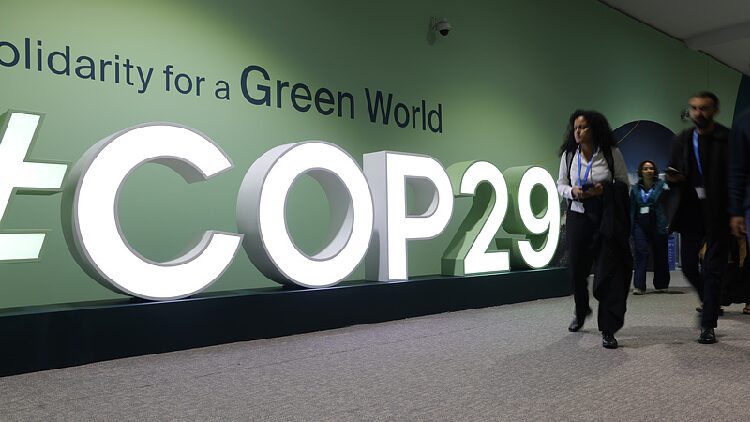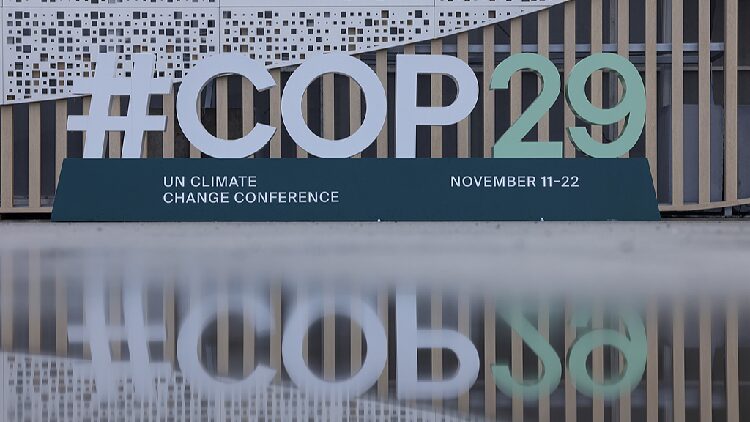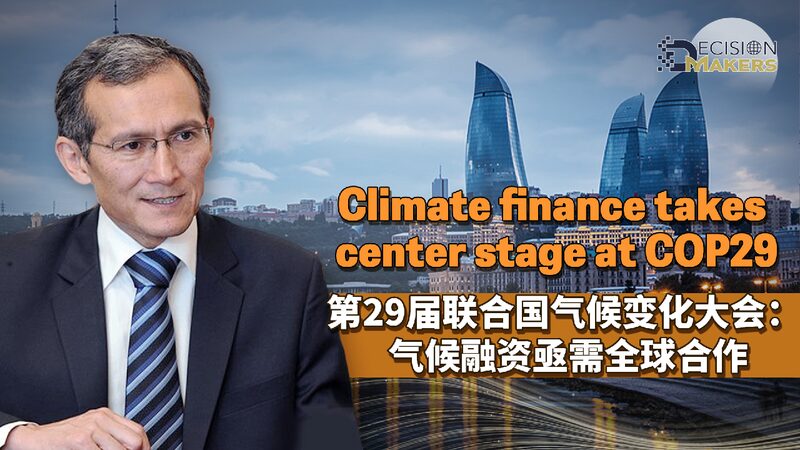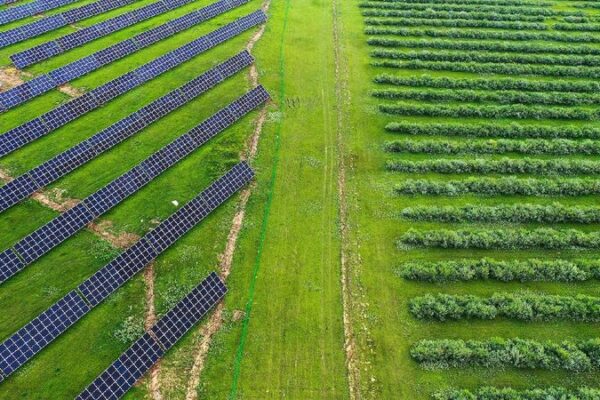As the world unites to combat climate change, a new challenge is emerging: green protectionism. While nations pledge to embrace greener initiatives, some are adopting policies that hinder global progress towards sustainability.
What is Green Protectionism?
Green protectionism refers to policies that, under the guise of environmentalism, actually restrict trade and favor domestic industries. This includes heavy tariffs on imported green technologies and substantial subsidies for local green businesses. These measures can slow down the global adoption of essential technologies like electric vehicles and renewable energy solutions.
Impact on Developing Nations
For countries in the Global South, these practices are particularly damaging. Developed nations have the resources to support their green industries, but many developing countries lack the financial means to compete. This widens the gap between nations and slows down global efforts to address climate change.
A Threat to Global Cooperation
Green protectionism can lead to trade disputes and disrupt international cooperation. Instead of working together to develop and share sustainable technologies, countries become isolated, hampering innovation and progress.
The Role of Collaboration
Success stories show that collaboration is key. Widespread adoption of affordable renewable energy technologies has significantly reduced costs worldwide. When countries share resources and expertise, everyone benefits.
The Way Forward
Our planet needs collective action, not division. It’s crucial for nations to set aside self-interest and work together towards a sustainable future. By rejecting green protectionism, we can accelerate the global green transition and ensure a healthier planet for generations to come.
Reference(s):
cgtn.com








